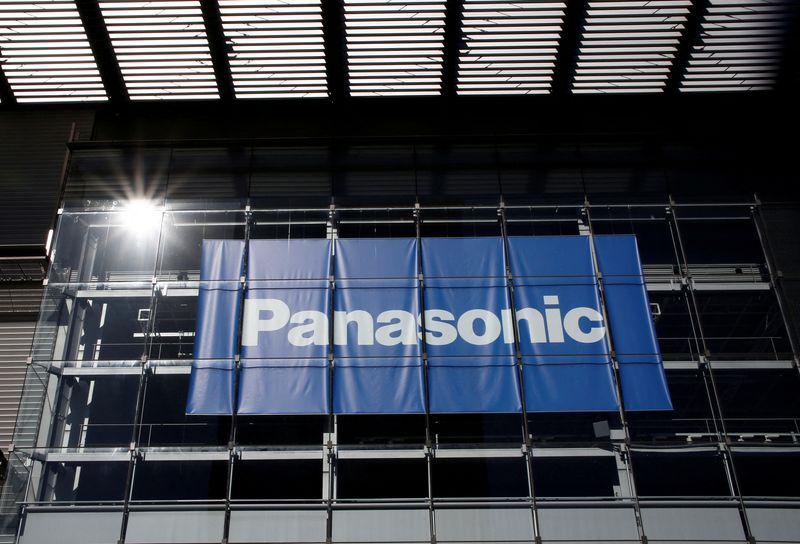TOKYO (Reuters) -Japanese automaker Mazda Motor (OTC:MZDAY) and the energy unit of Panasonic (OTC:PCRFY) Holdings will start talks to set up a battery supply partnership for electric vehicles (EVs), the companies said on Wednesday.
Such an effort on lithium-ion batteries is likely to carry Mazda a step closer to ramping up production of EVs, in a 1.5-trillion-yen ($10.6-billion) spending plan it unveiled in November to drive electrification of vehicles.
In the partnership, Panasonic Energy would supply Mazda with automotive cylindrical lithium-ion batteries made in Japan and North America for Mazda EVs expected to be rolled out in the latter half of this decade, the companies said in a statement.
A Mazda spokesperson declined to say exactly what battery cells the Hiroshima-based automaker was planning to use in its EVs, adding that it would hold talks with an eye to secure supply from 2025-2027 onwards or later.
Mazda has identified those years as the second phase of a three-phase plan, saying in November it would introduce battery EV models in the latter half of that period.
The companies said their talks will focus on a partnership for the medium to long term.
In 2012, Mazda used 1865 battery cells supplied by Panasonic in its Demio EV in Japan, leasing out 100 units of the subcompact as a trial for boosting knowledge about electrification, the spokesperson said.
Japanese automakers are gearing up to compete for a bigger share of the global EV market.
The world's top-selling automaker Toyota, which owns a stake of 5.1% in Mazda, unveiled a sweeping plan last week to adopt solid-state batteries and other technologies to improve the driving range and cut costs of future EVs.

Japan said on Friday it would boost support for domestic battery production to up to $2.2 billion, pledging support to Toyota and other makers in a push for greater economic supply chain security.
($1=142.0800 yen)